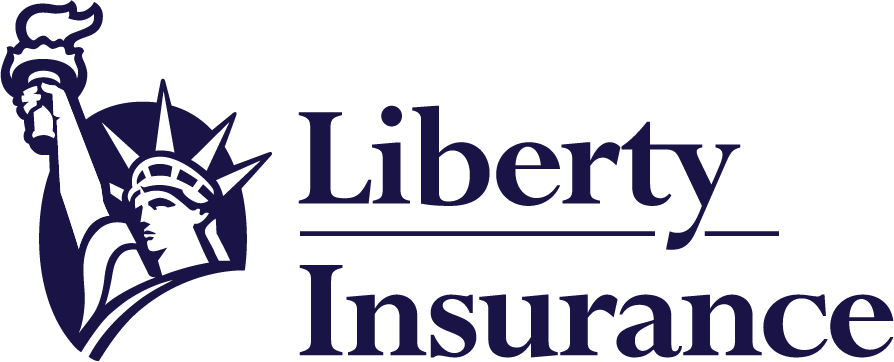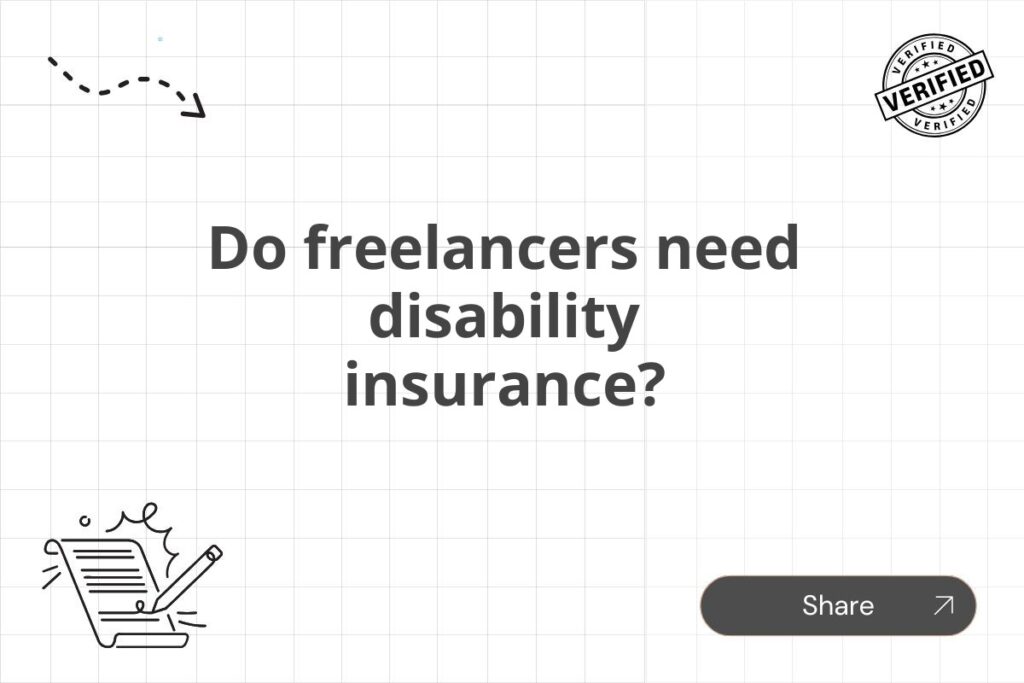Meta Description: Freelancers face unique risks. Discover why disability insurance is crucial for financial security when illness or injury strikes, protecting your income and future. Learn about policy options and how to find the right coverage.
The freelance lifestyle offers flexibility and independence, but it also comes with significant risks. While many celebrate the freedom of setting their own hours and choosing their projects, the lack of a traditional employer often leaves freelancers vulnerable when unexpected illness or injury strikes. This is where the critical question arises: Do freelancers need disability insurance?
The short answer is a resounding yes. Unlike employees who often receive disability coverage as part of their benefits package, freelancers are responsible for securing their own protection. Without it, a disabling injury or illness could quickly lead to devastating financial consequences, jeopardizing their ability to pay bills, support their families, and maintain their livelihood.
Why Freelancers Need Disability Insurance More Than Employees
The vulnerability of freelancers is amplified by several factors:
- No Employer-Provided Coverage: The most obvious reason is the absence of employer-sponsored disability insurance. This benefit is a standard in many traditional employment settings, offering a safety net during periods of incapacity.
- Income Instability: Freelance income can fluctuate significantly from month to month, making it harder to absorb unexpected medical expenses and lost earnings. A consistent income stream is crucial for financial stability, and disability insurance can help bridge the gap during a period of disability.
- Limited Sick Leave: Unlike employees who often have access to paid sick leave, freelancers typically don’t have this luxury. A single prolonged illness or injury could mean a complete loss of income for an extended period.
- Self-Employment Taxes: Freelancers are responsible for paying self-employment taxes, which are significantly higher than those paid by employees. These added costs make the financial burden of disability even more significant.
- No Unemployment Benefits: Traditional unemployment benefits are generally unavailable to freelancers, as these programs are designed to support those who have lost their jobs, not those who are temporarily disabled.
Understanding Disability Insurance for Freelancers
Disability insurance policies protect your income by replacing a portion of your earnings if you become unable to work due to illness or injury. There are two main types of disability insurance relevant to freelancers:
Types of Disability Insurance
1. Short-Term Disability Insurance:
Short-term disability insurance provides coverage for a limited period, typically ranging from a few months to a year. It’s designed to help you cover essential expenses while recovering from a temporary illness or injury. The benefit amount is usually a percentage of your income, typically 60% to 80%.
2. Long-Term Disability Insurance:
Long-term disability insurance offers coverage for extended periods, sometimes lasting until retirement age. This is crucial for conditions that result in long-term or permanent disability. Like short-term policies, long-term coverage typically pays a percentage of your income.
Key Considerations When Choosing a Policy
Selecting the right disability insurance policy is crucial. Here are some factors to consider:
- Benefit Amount: Determine how much income you need to replace to maintain your lifestyle. Consider your expenses, debt obligations, and financial goals.
- Elimination Period: This is the waiting period before benefits begin. A shorter elimination period means faster access to benefits but usually comes with higher premiums. A longer elimination period means lower premiums but leaves you without income for a longer time.
- Benefit Duration: Decide how long you need coverage. Short-term policies are suitable for temporary conditions, while long-term policies are necessary for more serious or chronic conditions.
- Definition of Disability: Policies differ in their definition of “disability.” Some may only cover total disability, while others may cover partial disability as well. Review the policy’s definition carefully.
- Occupation-Specific Considerations: Your occupation might influence the type of policy you need. If your work involves physical labor, you might require a policy that considers occupational hazards.
- Premium Costs: Compare premiums from different insurers to find the best value for your budget. Consider the coverage amount, elimination period, and benefit duration when comparing costs.
Finding the Right Disability Insurance
Several avenues are available for freelancers to find disability insurance:
- Independent Insurance Agents: Independent agents can provide unbiased advice and help you compare policies from various insurers.
- Online Insurance Marketplaces: These platforms allow you to compare quotes from multiple insurers simultaneously.
- Professional Organizations: Some professional organizations offer group disability insurance plans to their members, often at discounted rates.
The Cost of Not Having Disability Insurance
The financial consequences of not having disability insurance can be devastating. Medical bills, lost income, and potential debt accumulation can quickly overwhelm a freelancer’s finances. Consider these potential scenarios:
- Mounting Medical Debt: A serious illness or injury can lead to exorbitant medical expenses, pushing freelancers into significant debt.
- Loss of Income: The inability to work means a complete loss of income, making it difficult to cover essential living expenses.
- Financial Instability: The combined effect of medical bills and lost income can result in long-term financial instability, impacting credit scores and future financial opportunities.
- Stress and Mental Health: The financial burden and uncertainty associated with disability can significantly impact mental health and overall well-being.
Conclusion: Protecting Your Future
The freelance lifestyle offers numerous advantages, but financial security shouldn’t be sacrificed for flexibility. Disability insurance is a critical investment for freelancers, providing a crucial safety net during unexpected health challenges. By carefully considering your needs and comparing policy options, you can secure the financial protection you need to maintain your independence and well-being, ensuring peace of mind knowing that your future is protected.
Don’t wait until a disabling event occurs to address this essential need. Take proactive steps today to secure your financial future and protect yourself against the risks inherent in the freelance world. Your health and financial stability are worth it.






















